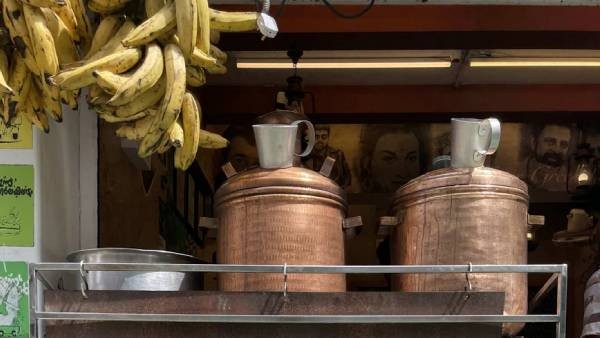
In a bold escalation of dissent, bakery owners and small vendors across Karnataka have announced a coordinated protest beginning July 25th, challenging recent income tax notices and digital transaction scrutiny. The protest, which reflects growing unrest among unregistered businesses, will unfold in three phases—each designed to highlight the economic interdependence of local supply chains and the vulnerability of small traders.
Milk Boycott to Begin Protest
The first phase involves a three-day boycott of milk usage in bakeries, directly impacting the 6 lakh litres typically supplied by small vendors. This symbolic move aims to spotlight the role of informal suppliers in sustaining daily operations and to protest the tax burdens placed on those without formal registration. Bakery owners argue that the crackdown on UPI transactions has unfairly targeted small vendors who lack the infrastructure to comply with complex tax norms.
Tobacco Sales Halted
Simultaneously, vendors will cease selling tobacco products, another high-volume item in street commerce. Organizers say this step is intended to demonstrate the economic ripple effect of vendor shutdowns, especially in urban and semi-urban areas where tobacco sales contribute significantly to daily earnings.
Threat of Full Bakery Closure
If their demands are not addressed within three days, bakery owners have warned of a complete shutdown of operations, potentially affecting thousands of workers and suppliers. Their demands include:
Withdrawal of retrospective tax notices
Clear guidelines on digital payment thresholds
Protection for unregistered vendors under the Street Vendors Act
A Call for Dialogue
The protest is expected to draw attention from civil society groups, trade unions, and political leaders. Organizers have urged the Karnataka government to initiate dialogue and provide relief measures before the situation escalates further.
As tensions rise, this protest could become a defining moment in the debate over digital taxation, informal economies, and the rights of small traders in India’s evolving financial landscape.
